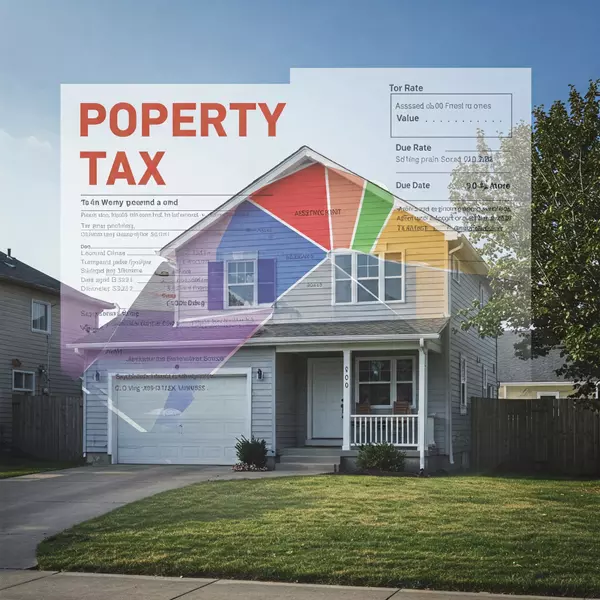How Seller Financing Works for Land Purchases

-
Down Payment
- As with any real estate transaction, the buyer typically makes a down payment on the land. The down payment amount is often negotiable, but in seller financing deals, it is typically between 10% and 20% of the purchase price.
-
Loan Agreement
- The buyer and seller will agree on the loan terms, which include the interest rate, repayment schedule, and loan term. The agreement will also outline the consequences if the buyer defaults on the loan. This agreement is often formalized through a promissory note and a deed of trust.
-
Monthly Payments
- After the down payment is made, the buyer will make regular monthly payments to the seller based on the agreed-upon terms. These payments typically cover both principal and interest.
-
Final Payment and Transfer of Title
- Once the loan is paid in full, the buyer receives the deed to the land, completing the transaction. If the buyer defaults on the loan before this point, the seller may be entitled to reclaim the property, depending on the terms outlined in the agreement.
Things to Consider Before Entering into a Seller Financing Agreement
-
Interest Rates and Loan Terms
- As a buyer, it's important to understand the interest rates and loan terms the seller is offering. While seller financing can provide flexibility, interest rates may be higher than those offered by traditional lenders, so make sure the terms are clear before proceeding.
-
Legal Protection
- It’s essential to have a lawyer review the seller financing agreement to ensure that it complies with local laws and protects both parties. A well-structured agreement will prevent any misunderstandings down the road and offer legal recourse if one party defaults.
-
Default Risk
- Both buyers and sellers should be aware of the risks involved in seller financing. If the buyer defaults, the seller may be forced to reclaim the land. Similarly, buyers need to ensure that they can meet the payment obligations to avoid losing their investment.
-
Property Taxes
- In a seller financing arrangement, the buyer is typically responsible for paying property taxes. Ensure that the payment terms address who will be responsible for taxes during the course of the agreement.
Categories
Recent Posts

Estate Sale Companies in Oklahoma City

Oklahoma Property Tax Guide

Apartment Buildings for Sale in Oklahoma City: A Guide for Investors

Oklahoma: Cost of Selling a Home

For Sale by Owner in Oklahoma: A Quick Guide

Oklahoma County Land

Single-Family vs. Multifamily Investment Properties

Current Real Estate Market Trends in 2025

Understanding Mortgages and Loans in Oklahoma

Flipping Single-Family Homes in Oklahoma City
GET MORE INFORMATION
Grayson Warren
Real Estate Professional | License ID: 208357
